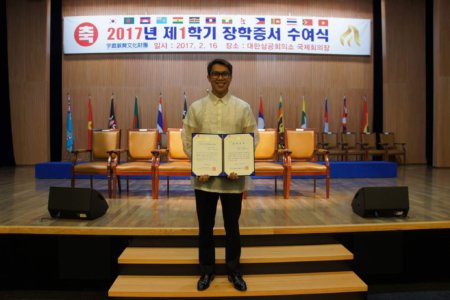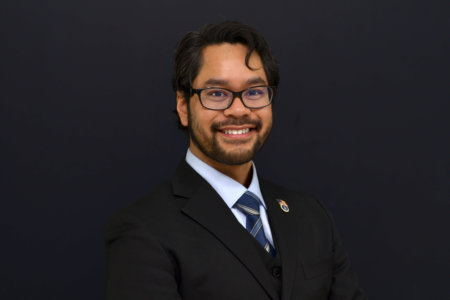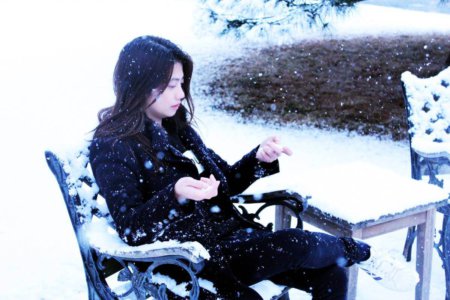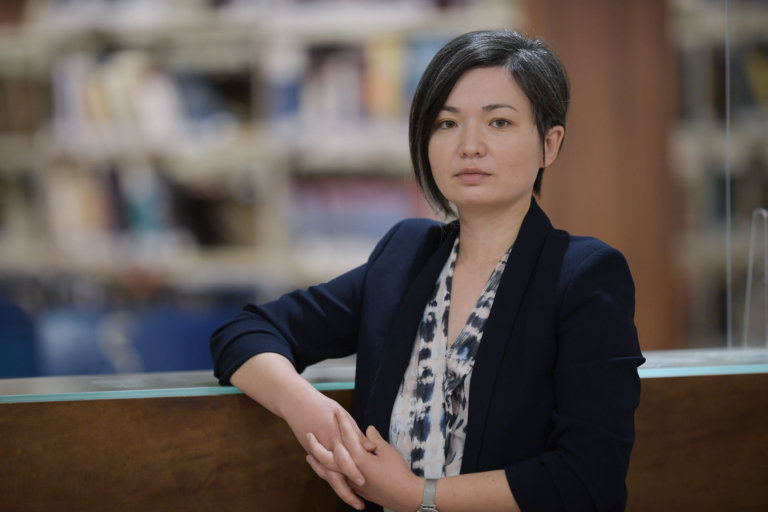
Irina Lyan is the Head of Korean Studies Programme at the Hebrew University of Jerusalem, an appointment built on the back of years of research on Israeli-Korean R&D collaboration — and a subject many academics deemed “not serious enough,” or even superficial: Hallyu.
Lyan is a fifth-generation diasporic Korean born in the former Soviet Union (Khabarovsk in Russia to be exact) who immigrated to Israel 20 years ago. Thus, her interest in the Asian tiger economy has deep roots. For her PhD in Sociology and Anthropology, she chose to focus on the business collaborations and cultural perceptions between Koreans and Israelis.
Lyan knew, however, that you can’t talk about South Korea and exclude Hallyu. The wave of appreciation for South Korean entertainment and culture that began with the screening of K-dramas in China as early as 1999 had grown to a storm by the 2010s, when Lyan began her PhD studies.
This led her to co-author five papers on Hallyu — her “unofficial dissertations” — which included “Hallyu across the desert: K-pop fandom in Israel and Palestine,” “When Gangnam hits the Middle East: Re-makes as identity practice,” and “Fan entrepreneurship: Fandom, agency, and the marketing of Hallyu in Israel.”
“It’s a fascinating theme through which we can learn about globalisation (or regionalisation), soft power, fan communities, country-of-origin image, creative industries and much more,” explains Lyan in a Forbes article.

One of K-pop group Brave Girls songs reached number one in South Korea and topped the Billboard K-pop 100 in the US four years after it was originally released. Source: Yeon-je/AFP
We caught up with Lyan to learn more about her education and career in this distinctive branch of sociology:
How did your interest in sociology develop? Is there a personal backstory behind this?
It’s no coincidence that I became interested in sociology. I was always interested in cross-cultural encounters. Although I was very eager to learn about Korea when I started my higher education, the Department of Asian Studies at the Hebrew University didn’t have a Korean Studies programme at the time.
My closest option was studying for my BA in Sociology & Anthropology and English Literature. Throughout my studies, took every available opportunity to conduct Korea-related research. Today, when I explain to students about globalisation, migration, and diaspora, I bring in my family history as a case study.
Why did you choose to pursue your higher education at the Hebrew University?
I always wanted to study abroad. Since my sister had already immigrated to Israel and was studying at the Hebrew University, I chose the same path. After finishing my undergrad studies, I planned to find a decent job at first.
But in the final year I grew enchanted by a course on organisational behavior and thanks to that, I decided to continue with sociology at the Organisation Studies Programme.
Why did you research the cultural difference between Korean and Israeli firms?
I have always wondered about how Israelis and Koreans can work together despite their cultural differences, ignorance and misunderstandings. My PhD focused on the Israeli-Korean business collaborations and I investigated the cultural perceptions of Koreans and Israelis towards each other. For this purpose, I interviewed businessmen, diplomats, and officials from both countries. Here, I came to understand the work of national imagination, the importance of post-colonial imagery, and the lingering presence of Korea’s underdeveloped past despite its developed present.
Walk us through your research in Berlin. What did you discover there?
I taught at Global Humanities’ Summer School at Freie Universität Berlin and finalised my dissertation. I also began work on a new project, the Apple versus Samsung “patent wars.” During the summer, I fell in love with Berlin and its Korean community, which led me to visit every known Korean restaurant and cultural event in the city.
Tell us more about your career trajectory.
After that summer in Berlin, I conducted my postdoctoral studies at St. Antony’s College at the University of Oxford in the UK. I also conducted studies at the Leonard David Institute for International Relations and the Harry S. Truman Research Institute for the Advancement of Peace at the Hebrew University.
Before getting my tenure-track position, I was a recipient of the prestigious Lady Davis Fellowship at the Department of Asian Studies. Besides teaching, the postdoctoral fellowship enabled me to focus on publishing four papers related to my PhD project, as well as starting new ones on Hallyu fandom.
Do you have any skills or knowledge you wish you had learned more during uni?
I wish I had learned more Korean, because one is able to learn a language permanently and life is too short.
Walk us through the book “Hallyu 2.0” and give us three of your favourite publications.
I’m interested in Korea’s cultural miracle, which is known as the “Korean Wave,” or Hallyu. I’m also interested in its economic miracle (the Miracle over the River Han).
For example, together with colleagues from the faculties of humanities and social sciences, I took part in a fascinating project on the fandom of Korean popular culture in Israel and the Middle East.
We studied Israeli and Palestinian K-pop fans and found that they often seemed to escape or take refuge from current events in a marginalised and exoticised fandom while the active promotion of Korean popular culture in Israel empowered them. Our chapter in the book “Hallyu 2.0: Consuming the Other” was the first of six papers that were born from this project dealing with Israeli Hallyu fandom.
My three favourite publications are based on my PhD project, which deals with cross-cultural similarity, resource complementarity, and industrial espionage in Israeli-Korean technological collaborations. Each paper explored these topics through the lens of postcolonial imagination and imagery to understand the broader image of South Korea in the post-miracle era as a kind of work-in-progress toward a Western-like and developed economy.
What advice do you have for international students who are planning to enroll in the same course as you?
Even though your programme is in English, please make every effort to learn Hebrew in school or by yourself. Israelis know how to speak English, but to understand the local environment, one must master the language.
For instance, I studied one year in Ulpan Etzion and one year at the Rothberg International School at my uni to get my BA in Hebrew. Also, use every opportunity to travel around the country, as Israel is a fascinating place.
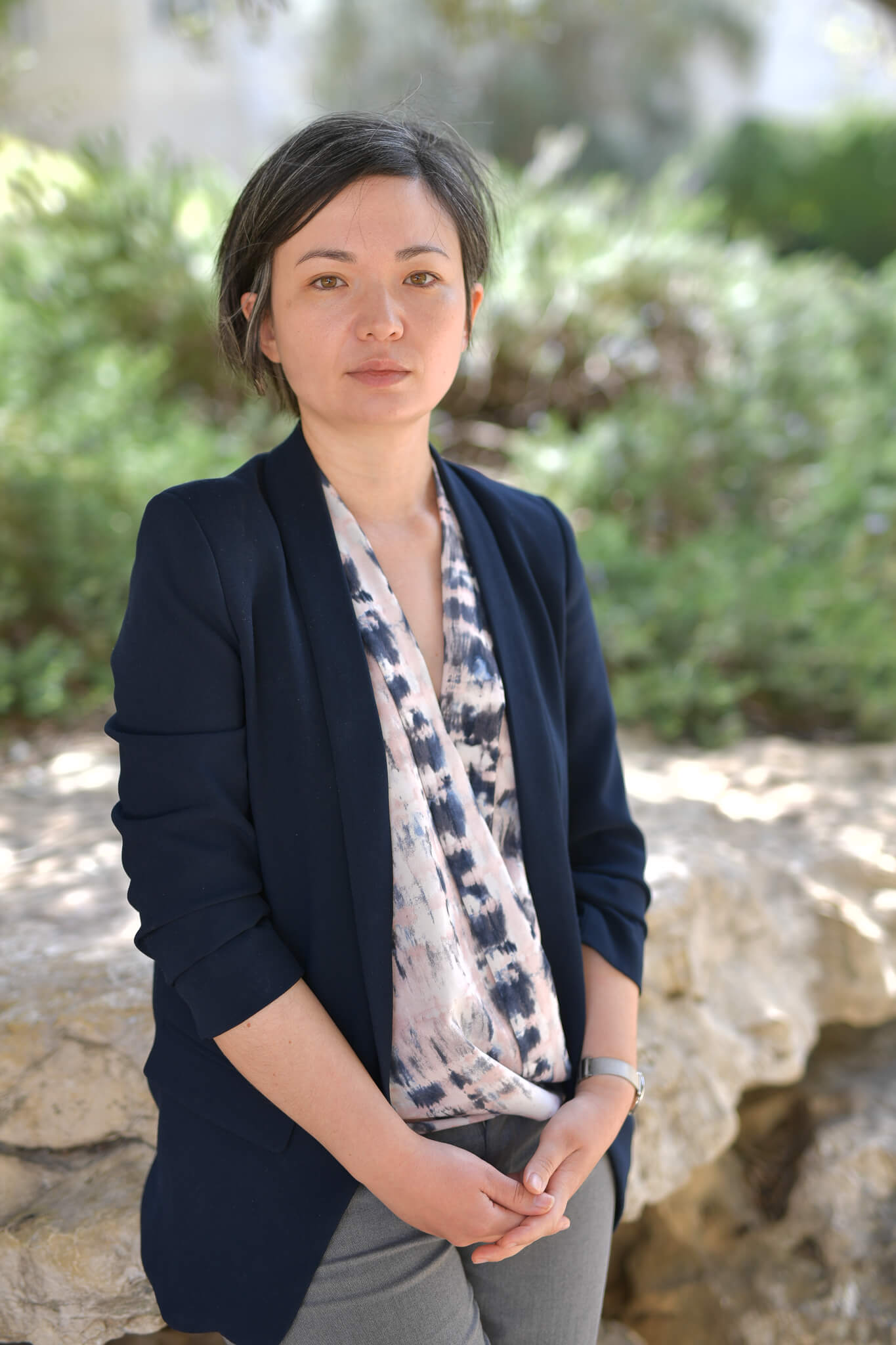
“It’s a fascinating theme through which we can learn about globalisation (or regionalisation), soft power, fan communities, country-of-origin image, creative industries and much more,” explains Lyan in a Forbes article. Source: Bruno Charbit
Where do you see yourself in 10 years?
I hope to remain at the Hebrew University leading and promoting Korean Studies. I also want to travel to strengthen the ties with Korean Studies programmes in Korea, Europe, the Middle East and the US.
Lastly, walk us through your most and least favourite food in Israel.
The food in Israel is as varied as the people. Israeli cuisine has absorbed food traditions from both Europe and the Middle East, so you can find almost every world cuisine for any price. There is even a kosher Korean restaurant in the Old City of Jerusalem!
My favourite will always be Korean food, as it’s home for me. My least favourite is the “gefilte fish” (an Ashkenazi-style poached mixture of ground, deboned fish). I never could understand that one.








